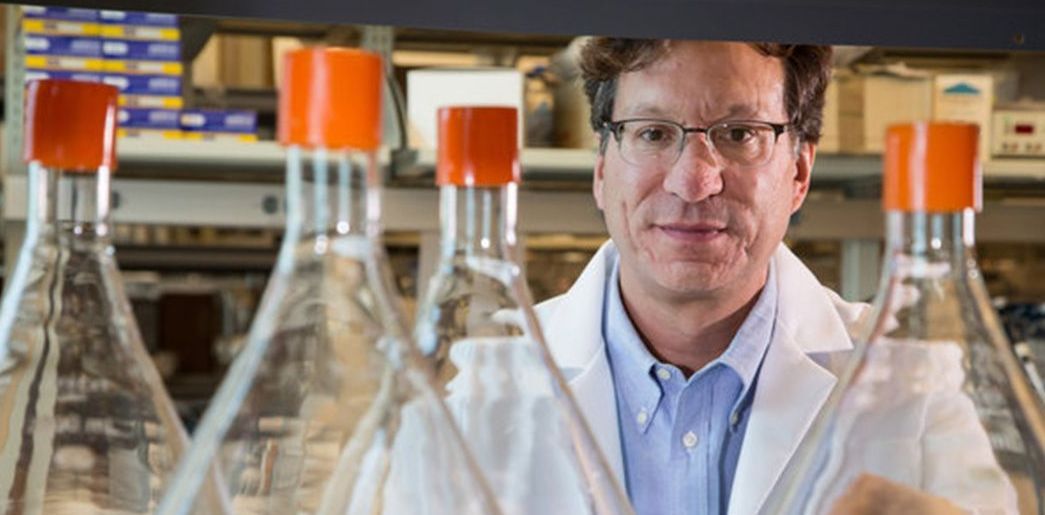AÑO
2015
CATEGORÍA
Cuerpo
OBJETIVOS
Salud y bienestar
PAL. CLAVE
HIV/AIDS, vaccin
PAÍS
United States of America
CRÉDITOS
Michael Farzan + team
LINK
http://www.nytimes.com/2015/02/19/health/new-approach-to-blocking-hiv-raises-talk-of-an-aids-vaccine.html?_r=0
raised hope for an AIDS vaccin
New approach to blocking H.I.V. raises hopes for an AIDS vaccine.
A new compound has blocked H.I.V. infection so well in monkeys that it may be able to function as a vaccine against AIDS, the scientists who designed it reported Wednesday.
H.I.V. has defied more than 30 years of conventional efforts to fashion a vaccine. The new method stimulates muscle cells to produce proteins that somewhat resemble normal antibodies, which have Y-shaped heads. These proteins have both a head and a tail, and they use them to simultaneously block two sites on each “spike” that the virus uses to attach itself to a cell.
If both sites can be blocked on every spike, the virus becomes helpless and drifts off unattached into eventual oblivion by the immune system.
“It’s a twofer,” said Dr. Anthony S. Fauci, director of the National Institute of Allergy and Infectious Diseases, which supported the work. “It’s very impressive, and the method is quite promising. But it’s still just in an animal model, so we’ll need to see evidence of whether it works in humans.”



